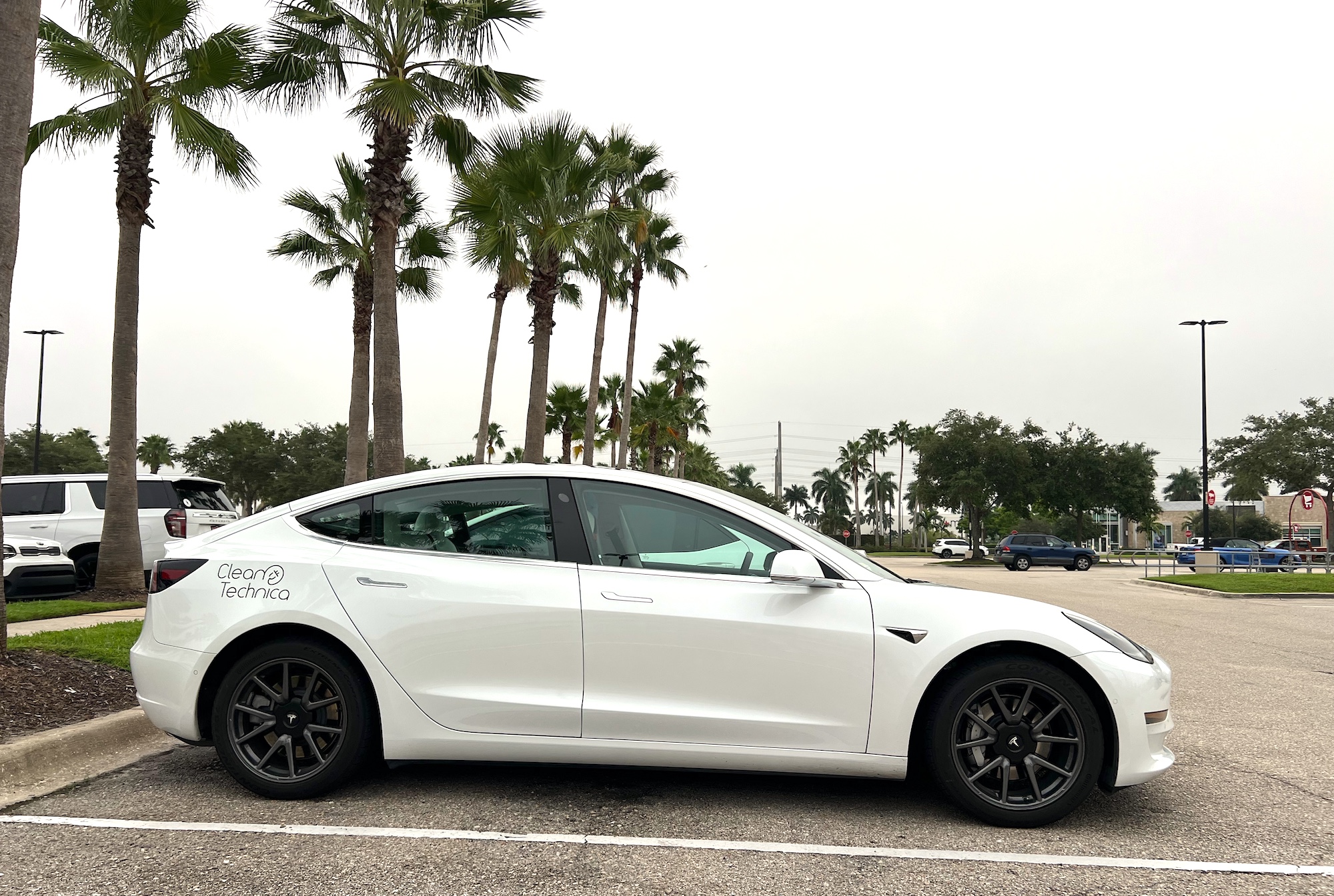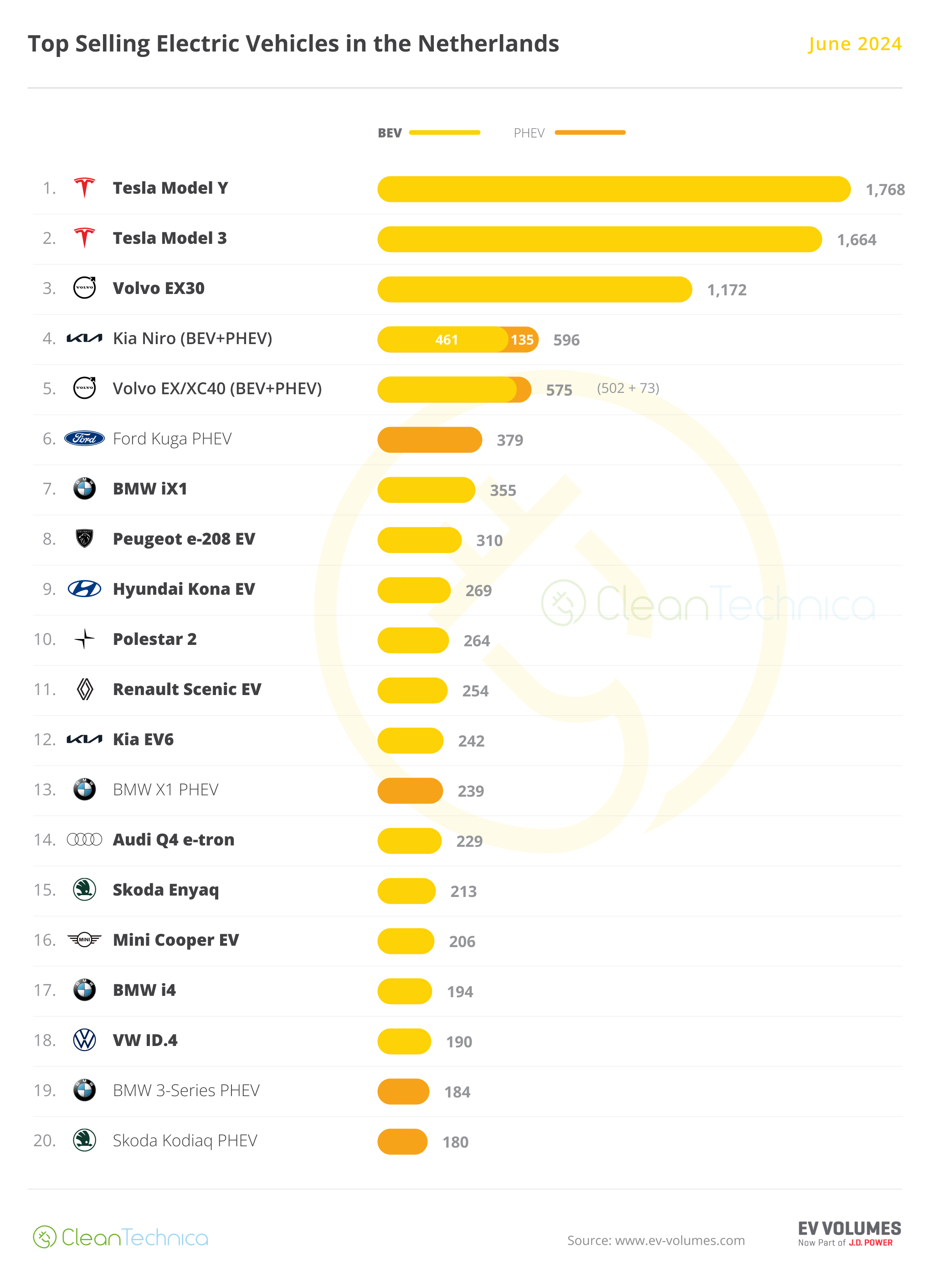
Politics is like sausage, some people say. You don’t really want to see how the process works. The current battle over a proposal by NOAA to protect whales from being struck by surface vessels is a perfect example of how messy policy-making can be.
Here’s the problem as NOAA sees it. There are currently about 340 Atlantic right whales, of which only 70 are females capable of producing young whales. The whale population is in decline, with mortality exceeding births. The whales travel north along the east coast of the United States to the colder waters of the Canada during the summer, then return to warmer waters in winter to give birth to new calves.
NOAA has proposed a speed limit in those transit zones. For seven months of the year, boats larger than 35 feet would be restricted to speeds of no more than 10 knots. That’s about 11.5 mph for you landlubbers in the audience. Such a speed limit already applies to boats more than 65 feet long. The speed limit would not apply in the summer months, when whales are less likely to be in the waters off the east coast of the United States. Those months coincide with the time of year when interest in offshore fishing is at its highest.
Janet Coit, the head of NOAA Fisheries, said there have been 14 lethal strikes since 2008, including at least five that involved boats of less than 65 feet. She says the new speed limits are needed to preserve the dwindling population. The agency declared an “unusual mortality event” in 2017 after more than 20% of the population died either from getting sick, injured, or killed. “Vessel strikes and entanglements are driving the population’s decline. Urgent action is needed to address these threats and to prevent extinction,” Coit told a House panel last month.
One of the causes of whale deaths is being struck by the hull or propellers of power boats, many of which routinely travel at speeds of 30 to 40 mph in the transit zones used by the Atlantic right whales. “We need seasonal slowdowns to protect right whales in danger zones, just like we have lower speed limits to protect children near schools,” said Jane Davenport, senior attorney with Defenders of Wildlife.
The Case Against Speed Limits
E&E News spoke to Fred Gamboa, a sport fishing boat captain who has made his living for the past 17 years ferrying fishermen out into the Atlantic from Point Pleasant, New Jersey. He charges his customers $4800 for an 18-hour-long tuna fishing expedition. Some of the trips can range as much as 100 miles offshore.
At 10 knots rather than the usual 35 knots, “It would take nine to 10 hours to get out there. No customer would ever pay for that trip,” Gamboa said. He claims the NOAA plan makes no sense because the whales are disappearing so quickly that the likelihood of a fishing boat encountering one is low. “I’ve yet to see one, and I have thousands of trips under my belt,” he said. The NOAA rule “would just devastate the coastal economy.”
Gib Brogan, campaign manager for the conservation advocacy group Oceana, said boaters are downplaying the overall risk to the whales. “That may be the case for any individual boat, but if you multiply that by the number of boats that are out there, it adds up pretty quickly to an unacceptable risk,” he said.
Knock-On Effects
Taking a page from the NRA and the gun lobby, recreational fishermen and boaters say they worry that the NOAA speed zone plan will inevitably lead to similar speed zones in the Gulf of Mexico and along the West Coast. In fact, NOAA has proposed a similar limit in a zone stretching roughly from Pensacola to Tampa, to protect endangered Rice’s whales. If approved, it would be in effect year round.
Frank Hugelmeyer, CEO of the National Marine Manufacturers Association, which represents the recreational boating industry, said the proposed rule for the Atlantic coast marked “the greatest restriction of public access to our nation’s cherished waterways in our time,” adding that it would force boaters to travel at “the speed of a bicycle.” That sort of call-to-arms rhetoric is what passes for political discussion in America today — an all or nothing approach designed to inflame passions, rather than promote intelligent discussion.
A Call For Urgent Action
NOAA plans to finalize its new rule by December after reviewing more than 90,000 public comments, but environmental groups said the agency is dragging its feet. Gib Brogan said the speed limits need to take effect before this fall to protect the whales as they begin their annual seasonal migration. “The whales need protection,” he said. “And they need the protection in place before the fall, particularly to protect the mothers as they’re heading south.”
Earlier this year, Brogan said there was “blood on NOAA’s hands” after the agency rejected an emergency request to protect the whales from speeding vessels and a 20-year-old adult male whale was found dead off Virginia Beach. It was later determined that the animal had died from a traumatic blunt force injury consistent with a vessel strike.
But Brogan said he believes the agency won’t let that happen again. He said NOAA’s proposed rule is based on sound science and that slowdown zones would closely follow the migratory pattern of the right whales, allowing most boaters to go faster during summer months. “NOAA has a strong basis for action,” he said. “They’ve done their homework.”
NOAA Blasted By The Right
The outcry from sport fisherman has struck more than a few nerves in Congress. Garret Graves, a Republican from Louisiana, told his colleagues in the House last month the NOAA rule was created by unelected faceless bureaucrats who “don’t understand this issue.” He spoke at length about how he had recently gone fishing 80 miles offshore but that he wouldn’t have made the trip under the new rule.
“It would take me about seven hours to get out to this spot going at 10 knots. What’s going to happen is that most boaters aren’t going to go. I tell you, I wouldn’t have gone out.” Instead of slowing down all boats, Graves said NOAA should use technology that would allow “real-time monitoring” of the whales.
Harriet Hageman, a Republican from Wyoming, called NOAA’s plan “an unprecedented attack on outdoor recreation” and said the Biden administration could better protect right whales by ending its support for wind energy. “The construction and operation of the multiple wind energy projects in the Atlantic Ocean and their obsession with global warming will ultimately make it impossible to protect the right whales and other species because they refuse to acknowledge that their cure is not only wrongheaded but so environmentally destructive,” she said.
Rep. Anna Paulina Luna, a Republican from Florida, said the rule could affect up to 63,000 registered boaters and threaten 340,000 jobs. “I think that it’s kind of an elitist perspective to propose a rule that’s going to actually hurt people,” she said, before adding that “a human being is obviously more important than an animal.”
Bruce Westerman, a Republican from Arkansas who is the chair of the House Natural Resources Committee, called the rule an example of “what happens when you get a bureaucratic administrative state that’s out of control. If there’s a job lost over this rule, it should be the jobs of the people at NOAA that are proposing the rule,” he said.
The NOAA proposal is facing additional headwinds in the Senate, where Joe Manchin of West Virginia and John Boozman of Arkansas filed a bill that would prevent NOAA from acting until “technological solutions” are used to better track whales. Manchin called the plan “yet another example of dangerous federal overreach that would place unnecessary burdens on our seasonal fishermen, boat manufacturers and the coastal economies that rely on them.”
Can Technology Save The Right Whales?
NOAA is not doing this because it has nothing else to do with its time. As Jared Huffman, a House member from California and a Democrat pointed out, current federal law requires NOAA to protect the whales. He said NOAA could always revisit the rule if “technology ripened” in coming years.
Coit said the NOAA plans to spend $82 million from the Inflation Reduction Act to expand its monitoring programs, but she said the agency currently has no such technology to do the job. “We have high hopes for improving technology, but right this moment we don’t have existing technology that can track and monitor and detect and avoid vessel strikes sufficient to prevent the fatalities,” she said.
A hint at what lies ahead can be found in a ruling by a federal appellate court last month. The court sided with Maine lobstermen who challenged a rule that would have required them to use new fishing gear to prevent entanglements with right whales. The lobstermen said NOAA had overestimated their industry’s risk to the whales by “cherry-picking the science and using unsupported assumptions” to change its rule.

The Nub Of The Question
Fred Gamboa told E&E News that while there’s no question that saving whales is important, the federal government needs to take a broader view of the economic damage. “I am committed to protecting whales,” Gamboa said. “But I am also for my business.”
And there it is. The never ending struggle between environment and commerce. Nothing has changed since the Spanish conquistadors subjugated much of the New World. Slavery was often excused because it was so vital to a nation’s economic well-being. What happened to the Cherokee people is a shame, but really, what choice did white Americans have? The natives were sitting on land that was just too valuable. How can we possibly think of transitioning away from fossil fuels when so many people depend on them for their livelihood?
The permutations are endless, but the core is always the same. We must dominate and subjugate the natural world in order to prosper. But by doing so, we are sowing the seeds of our own destruction. What is needed is a reset of our relationship with nature. We cannot continue to belabor the Earth with our ceaseless demands and survive. It’s really that simple.
The plight of the Atlantic right whales is perhaps insignificant in the greater scheme of things, but it may offer a glimpse of what the Earth requires of us in order to continue being our celestial home — an insignificant speck in a minor galaxy on the far edge of the galaxy. Maybe by saving the whales would we actually be saving ourselves?
Image courtesy of NOAA
I don’t like paywalls. You don’t like paywalls. Who likes paywalls? Here at CleanTechnica, we implemented a limited paywall for a while, but it always felt wrong — and it was always tough to decide what we should put behind there. In theory, your most exclusive and best content goes behind a paywall. But then fewer people read it! We just don’t like paywalls, and so we’ve decided to ditch ours. Unfortunately, the media business is still a tough, cut-throat business with tiny margins. It’s a never-ending Olympic challenge to stay above water or even perhaps — gasp — grow. So …




